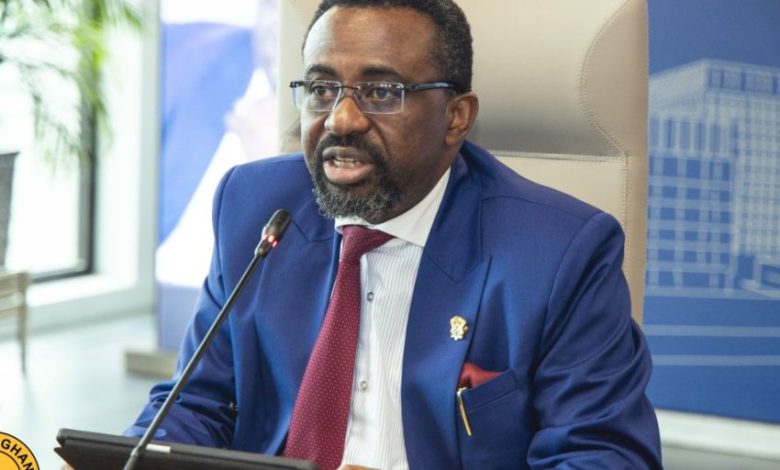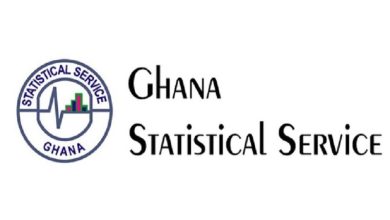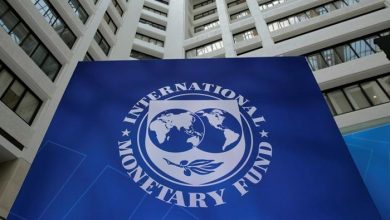Ghana’s bond market to anchor Africa’s capital market integration – Bank of Ghana Governor

Ghana’s fixed-income market is fast emerging as one of Africa’s most credible and resilient bond platforms, with GHS214 billion in turnover so far in 2025.
According to Governor of the Bank of Ghana, Dr. Johnson Pandit Asiama the milestone marks not just a recovery from Ghana’s recent debt crisis but the beginning of a new era of regional financial leadership.
Speaking at the 10th Anniversary of the Ghana Fixed Income Market (GFIM) in Accra, Dr. Asiama said Ghana’s bond market is now well-positioned to anchor regional capital market integration under the African Continental Free Trade Area (AfCFTA) Financial Integration Framework.
“Our goal is to make Ghana the reference point for transparency and innovation in African fixed-income markets. “We have moved from rebuilding trust to leading by example.” he said.
The Governor added that Ghana is aiming to become a regional benchmark for transparency, innovation, and sustainability, much like Nigeria’s FMDQ and Morocco’s Casablanca Finance City, both of which have become continental hubs for financial services.
The transformation follows a turbulent period for Ghana’s financial markets. During the domestic debt exchange, trading volumes on the GFIM plunged from GHS 230 billion in 2022 to just GHS 98 billion in 2023 as confidence in the government’s fiscal credibility wavered.
However, by October 2025, trading activity had rebounded to GHS 214 billion, signalling a strong resurgence of investor confidence and a restored sense of market stability.
Dr. Asiama described the episode as both a financial and emotional test for Ghana’s economy — one that taught policymakers three crucial lessons.
“Credibility is capital, without it, no reform endures. Predictability breeds confidence, markets price stability before they price returns. And coordination is protection, fiscal and monetary policies must align,” he said.
The Governor credited the sharp rebound to enhanced coordination between fiscal and monetary policy, as well as consistent efforts by the Bank of Ghana and the Ministry of Finance to restore market discipline.
He noted that Ghana’s broader macroeconomic turnaround — including inflation dropping from 54 percent to 8 percent, a 35 percent appreciation of the cedi, and reserves covering nearly five months of imports — has bolstered investor sentiment and deepened liquidity on the GFIM.
“Behind every decline in inflation lies a rise in discipline, and behind every cedi of appreciation lies a recovery of trust,” Dr. Asiama said, adding that Ghana’s bond market has once again become a mirror of the country’s economic recovery.
With its renewed credibility and modern trading infrastructure, Ghana’s fixed-income market is being positioned to play a pivotal role in continental capital market integration.
Dr. Asiama said the next decade of GFIM’s growth will focus on depth, diversity, and digitalisation — creating a market that not only trades bonds but transforms economies.
“This anniversary is not just a celebration of a platform, but of partnership,” he said. “Together, we can deepen markets, expand possibilities, and secure Ghana’s financial future.”










